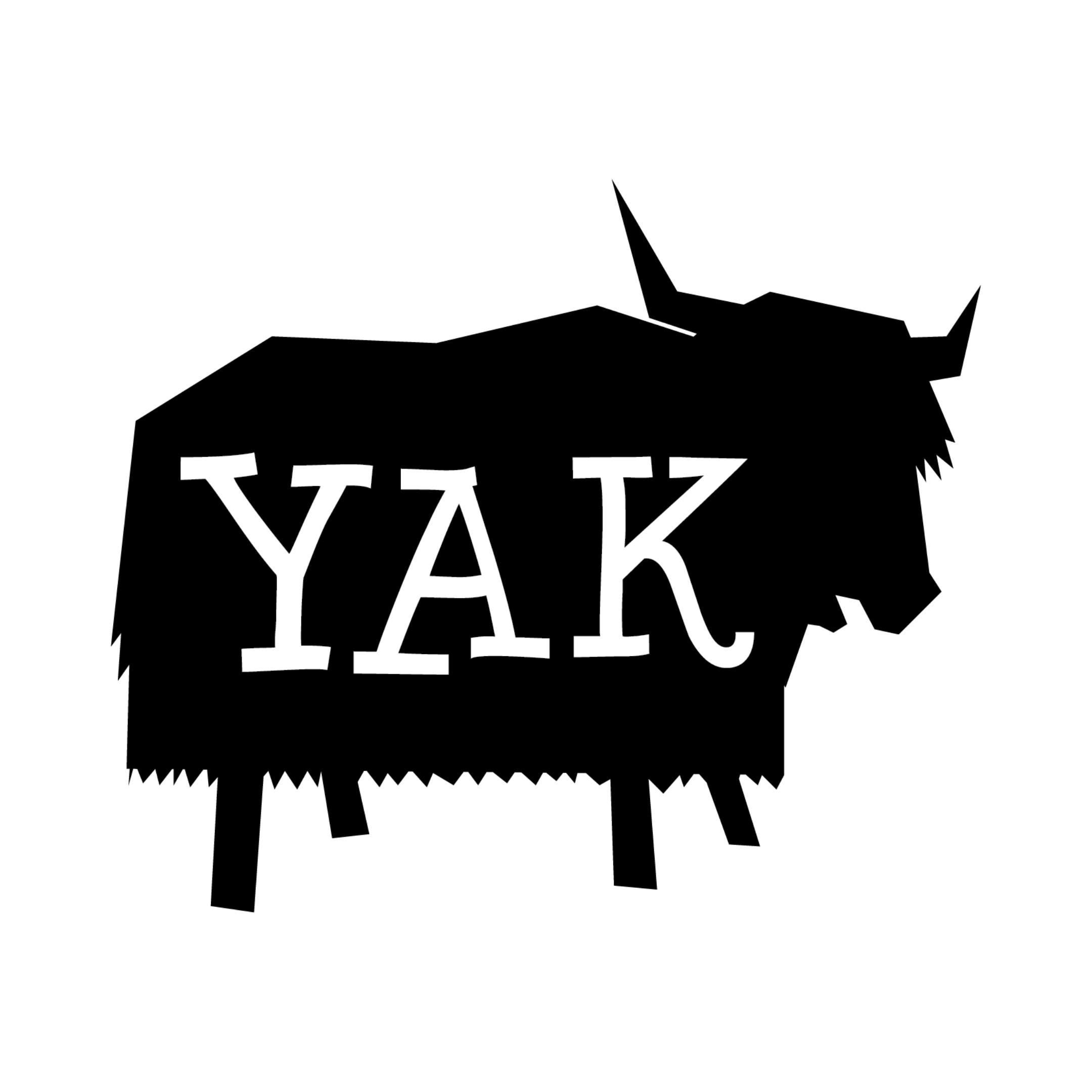The University Experience for Students of Refugee Backgrounds

Have you ever wondered what uni is like for students from refugee backgrounds? Jayme Zimmerman helps us share their university experience.
In today’s article, Yak Media Writer Jayme talks to Louis Ndagijimana, Project Officer at the Centre of Excellence for Equity in Higher Education, and Matt Lumb, Associate Director at the Centre of Excellence for Equity in Higher Education at the University of Newcastle.
Louis is a student from a refugee background who is currently completing his master’s degree at the University of Newcastle. Having come to Australia 11 years ago from Burundi, East Africa, Louis works for the Centre of Excellence for Equity in Higher Education (CEEHE). The Centre’s focus is providing a framework for the University in its commitment to Equity and Social Justice. For the past eight years Louis has worked across the Hunter region in various support roles helping to facilitate families, students, and schools in gaining access to relevant spaces and services.
What was your personal experience coming to Australia and then to study at the University of Newcastle?
“For me it was a huge milestone comparing how education is different from my country. The official language was French and then I stepped into the English language and also the education platform was totally different. It was huge, I was lacking the confidence. Being the head of a family, having a family, work and also with the Australian way of life it was a huge change,” says Louis.
“For example, to be able to accomplish an assignment I have to translate from French to English, English to French, that was 5 years ago, also to learn English as a fifth language it wasn’t easy. When I work with students who are struggling with technologies with language and how to relate to other students because sometimes, I felt that I couldn’t connect with other students in that time. So, building a sense of belonging was huge to fulfil.”
Coming from a refugee background, how did you get the opportunity to study at the University of Newcastle?
“It took me ages and with a lot of efforts. First of all, I didn’t know the English language and I did some English language courses. I also did some other qualifications to get myself familiar with Australian education,” says Louis.
“And then after this I did a Bachelor of Social Science at the University of Newcastle. It wasn’t an easy way because of language issues and cultural issues. It was a new way of life which I found other students struggling with.”
What support is there available for refugee students at the University of Newcastle?
Louis states, “The support students of refugee backgrounds are getting are social connections, knowing what to do, where to go and also they have student gatherings where they can enjoy themselves and interact with other students. They are also told how they can navigate this challenging higher education, to learn how to do things differently from back home.”
Matt adds, “There are various supports across the university for students from refugee or refugee-like backgrounds in students’ services in the amazing work that’s been done and in enabling courses with English language support in particular and other supports as well. It’s complemented in a really rich way by Louis’ work which is much more about creating spaces for people to come together so that they’re not just understood as a student from a refugee background but as a person navigating higher education.”
“They’re actually really respectful spaces that Louis constructs often about coming together and sharing, and learning from each other, staff, and students. It’s very much about that co-support-peer mentoring and referrals into what we might call mainstream services. So those spaces up until recently have been on campus in person and they’re continuing just in a new form now,” says Matt.
“But also, Louis has been involved in creating spaces out in community settings and school settings too to try and help support that navigation of transitions from school or community context into higher education study. It’s a slightly different model of what we might call support but a really reach one.”
Louis states, “I think the University of Newcastle is making huge steps into looking into ways of supporting students from refugee backgrounds, for example, currently we are looking at which faculties [and] which programs students from refugee backgrounds can’t access easily. We are trying to create pathways where students to join these programs will receive much support… we will work together with students, staff, and the community in order to support…”
Matt elucidates, “There are so many people at the University who are doing great work in this space and in our centre, we see our role as trying to draw together and to make the most of people doing that work. So, a lot of Louis’s work is creating that fabric network of people at the University and beyond who can improve the participation and also what comes from that participation.”
Louis states, “It’s my pleasure to voice out for students of refugee backgrounds. Not many people know this cohort exists and the challenges they face. It’s one milestone ahead towards recognition of these students.”
Feature image by Perry Grone via Unsplash



Nice article. Its really a confidence providing article. I will be following you and keep posting.